Milk is a hot topic in parent’s group. When, how much and what type/kind of milk to choose? Due to more and more organic stores in the market, the confusing messages and nutrition myths, more parents are turning to milk alternatives (plant-based beverages) to fulfil their little one’s milk needs.
Unfortunately, the plant-based beverages (fortified or non-fortified) don’t provide enough nutrition. (here)
Your children are growing right before your eyes! Children more than double their height and weight between the ages of 2 and 12. During this time, a base is built for a body that will last them a lifetime.
Milk provides the building blocks children need – 16 essential nutrients, plus energy for fuel to grow. (here)
WHAT YOU NEED TO KNOW ABOUT YOUR MILK CHOICES
Children under 12 months of age should have breast milk or formula for their main drinks.
Milk is key not only for energy as well as tissue growth, but also for building strong bones and teeth and regulating muscle control.
It is safe to introduce cow’s milk between the ages of 9-12 months of age, however, I recommend waiting until 12 months. There are a few reasons why you should think twice about introducing fresh milk too early.
- The proteins present in fresh milk are hard for babies to tolerate and digest. (WHO, 2009)
- Milk contains too much sodium, potassium and chloride which can tax your baby’s kidney. (WHO, 2009)
- Milk is lack of important vitamins and minerals such as iron, Vitamin E and Zinc.
- Higher risk for iron deficiency anemia and if your baby drinks too much cow’s milk, he or she is also at a risk for internal bleeding.
That being said, once your baby reaches about 12 months, his/her digestive tract is mature enough to handle milk and reap the many nutrition benefits from it. It’s a nutrition powerhouse full of protein, carbohydrates, Calcium, Vitamin D and Vitamin A.
When they turn one, I encourage moms to continue breastfeeding if they are already, even with the introduction of cow’s milk. If your baby is on formula, you can slowly transition to homogenized cow’s milk (assuming your baby does not have a milk allergy) at one year. Don’t rush, because your baby’s digestive system needs time to adapt to the new proteins and other nutrients present in fluid milk. Start with 1-2 tbsp a day and slowly increase this amount until fully transitioned. Again, you can continue breastfeed as long as possible.
Recommendations:
1-2 years old: 2-3 cups (16-24 oz) of milk per day.
2-8 years old: 2 cups (16 oz) of milk per day.
(Lower-fat milk or fortified plant-based beverages can be offered).
9-18 years old: at least 2 cups (16 oz) of milk per day.
P/S: If your baby is still breastfeeding, he/she may not need as much.
PLANT-BASED BEVERAGES
Plant-based beverages are made from plant foods such as soy, rice, almond, coconut, oat, potato and hemp. They look like milk and are often called “milks” but may not have the same nutrition as cow’s milk.
Plant-based beverages are often lower in protein and energy than cow’s milk. They may also be lower in important nutrient like Calcium and Vitamin D, especially if homemade. Also, these milks often do not contain enough calories, protein or fat for a growing toddler. Some plant-based beverages can also be high in certain minerals that can be harmful if a child drink too much.
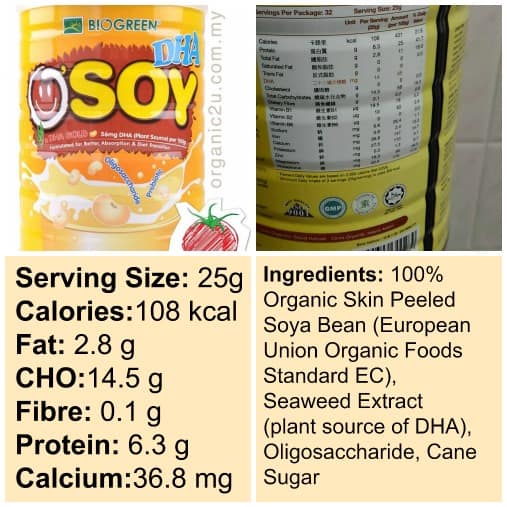
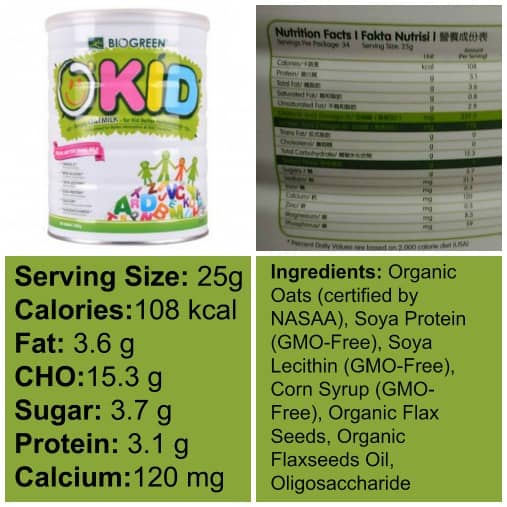
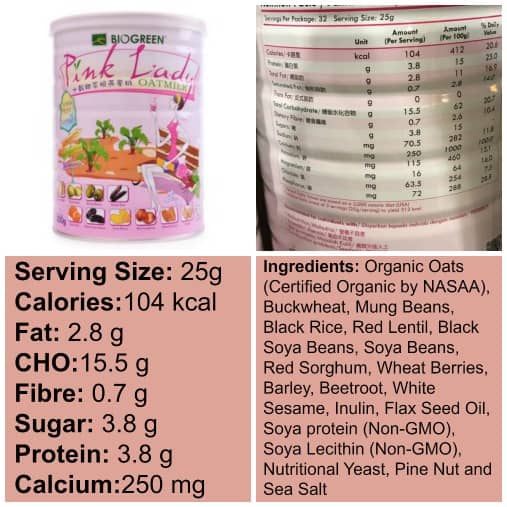
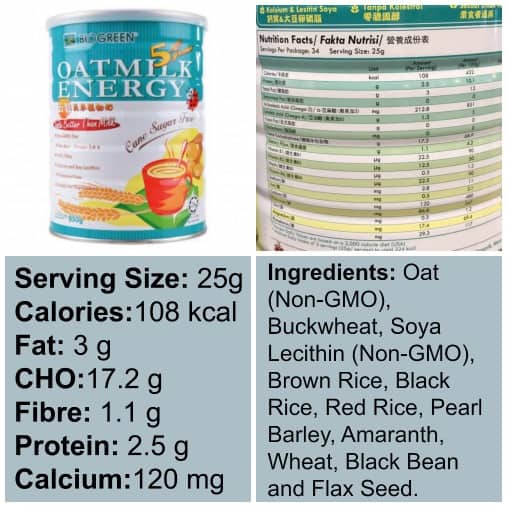
Read the Nutrition Facts table on each beverage package. Some beverages are fortified (have nutrients added) and some aren’t. The nutrients in plant-based beverages can vary.
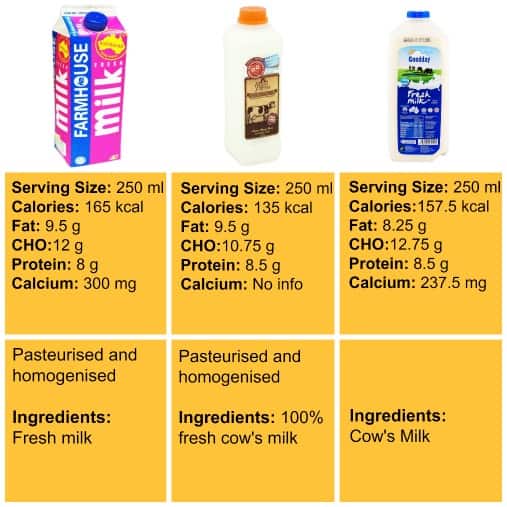
CHOOSE A PLANT-BASED BEVERAGES FOR YOUR 2 YEARS OLD
Plant-based beverages are not recommended for children under age 2 because they can be low in important nutrients like fat, protein and calories. If offering a plant-based beverage instead of cow’s milk to a child age 2 and older, choose a product that:
- is labelled as fortified or enriched (example: fortified with Calcium or Vitamin D) – Most milks in Malaysia don’t fortified with Calcium or Vitamin D.
- provides at least 6 g of protein per 1 cup (250mL)
- provides at least 30% Daily Value of Calcium and Vitamin D per 1 cup (250 mL)
- contain less than 10 g of sugar per 1 cup (250mL)
Since plant-based beverages are generally low in protein, children 2 years of age and older who are drinking a plant-based beverages as their main milk sources should be offered a variety of lean meats, poultry, fish, beans and lentils, eggs, tofu and nuts to ensure adequate intake of protein.
What types of milk are appropriate for a child under 2 years of age who is allergic to cow/goat’s milk or lactose intolerance
If your child is allergic to milk or lactose intolerant, you may want to consider keeping him/her on formula or a follow-up formula until the age of 2 to ensure proper nutrition. There are soy varieties or hydrolyzed protein/hypoallergenic varieties out there for babies with allergies or intolerances. You should offer the same quantity as you would cow’s milk. Check with your child’s doctor or a dietitian.
In Malaysia, there are 3 main companies providing infant formula – Nestle, Abbott, MeadJohnson.

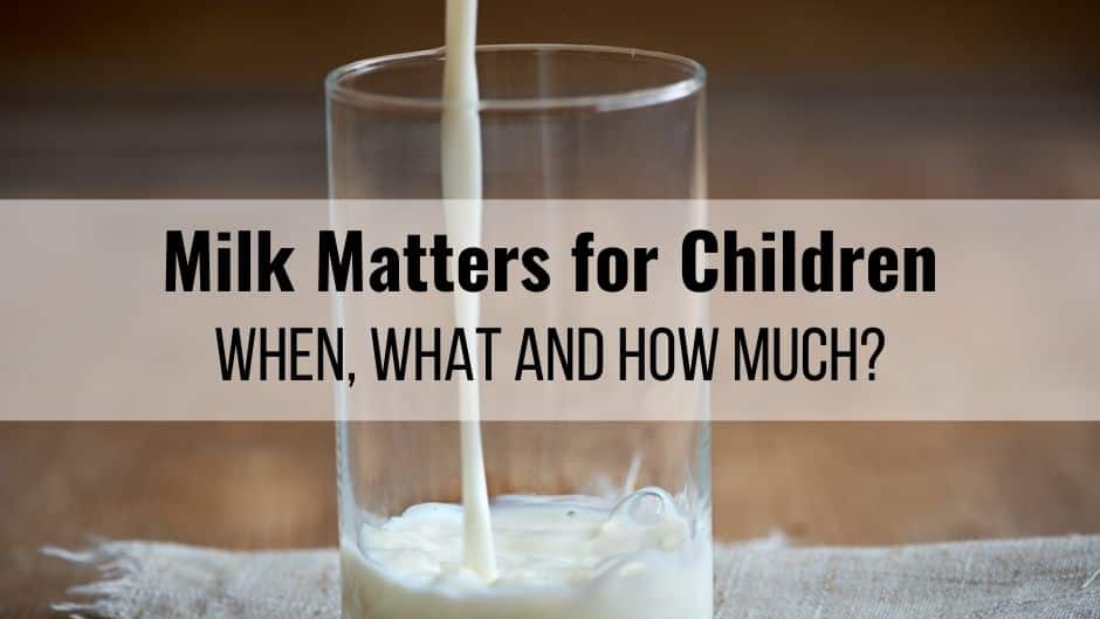
Leave A Comment